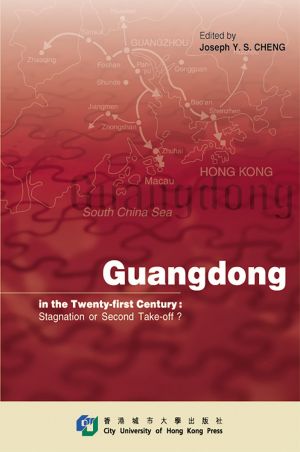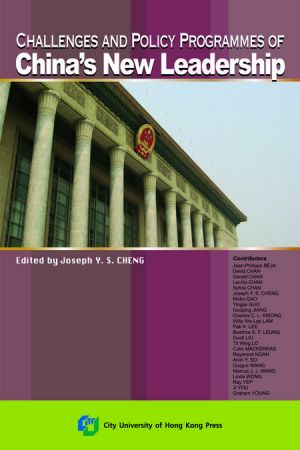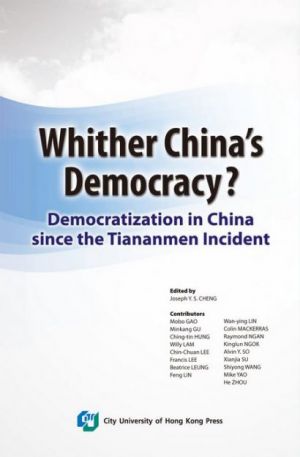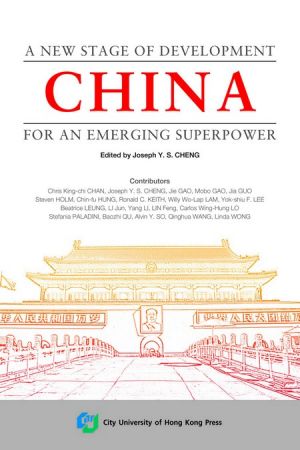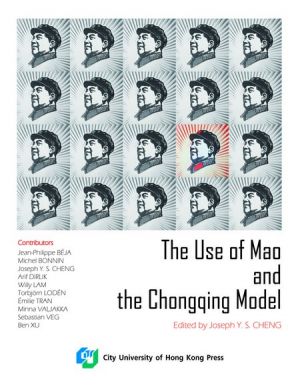Established in 1992, the Contemporary China Research Centre, City University of Hong Kong, has formed a team of researchers to study the development experience of Guangdong Province. This is probably the largest group of academics outside China working on the province. The approach that the Centre takes is multi-disciplinary and involves scholars from all the tertiary institutions in Hong Kong. The research team travels frequently in Guangdong and each team member has established an excellent network of ties in support of his or her research.
The first project of the group concentrated on the factors contributing to the spectacular economic growth of Guangdong. In the 1953-78 period, Guangdong's average annual growth rate of 5.3% was slightly lower than the national average of 6%. In the era of economic reforms and opening to the outside world, however, the province achieved an average annual growth rate of 15%, far exceeding the national average of 10%. The second project of the Centre studied the different models of development within the province, emphasizing Guangdong's role as a laboratory for experiments in economic reforms in China.
By the mid-1990s, Guangdong had to face a new set of challenges, which again demanded the cultivation of a new culture. Traits of the current culture such as pragmatism and quick responses are no longer adequate. Acquisition of expertise and the formulation of strategies with a new vision are demanded for the new stage of development. This is exactly the focus of this volume, and the authors hope that their extensive fieldwork would enable them to offer solutions to overcome the existing problems.
The editor would like to take this opportunity to thank the authors for their co-operation in revising the manuscripts and keeping various deadlines. He is also most grateful for the support given by Mr. Patrick Kwong and Dr. Paul Kwong of the City University of Hong Kong Press in the publication of this book. Obviously the editor and the authors have to assume responsibility for the errors and omissions.
Joseph Y. S. Cheng
24 December 1998


